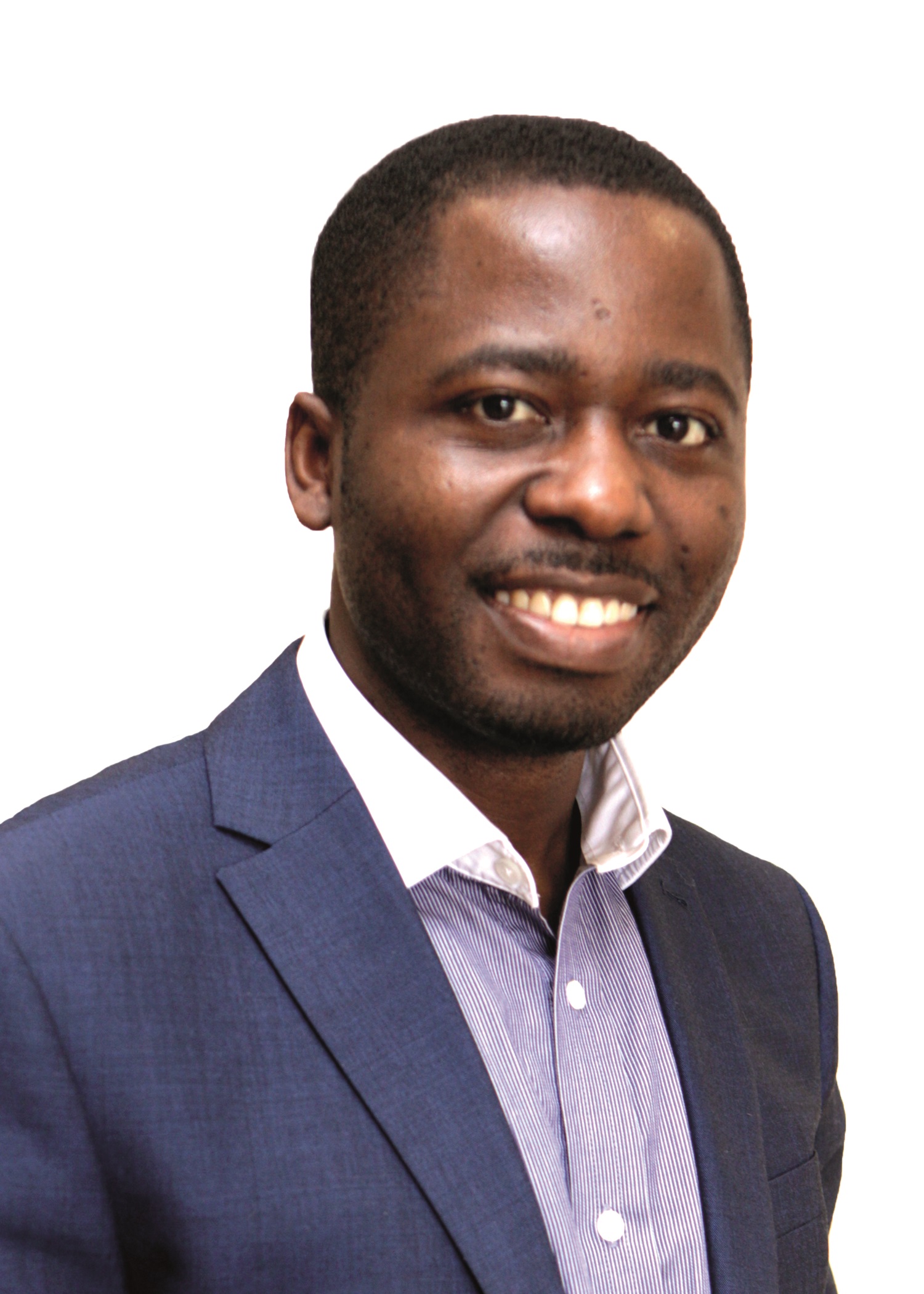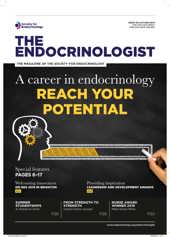I became aware of the Society for Endocrinology 2 years into my PhD, when my supervisor, Shanta Persaud, suggested that I should apply to become a Student Ambassador. I took on this role at King’s College London from 2015 to 2016, and led a membership campaign.
I subsequently attended the Society for Endocrinology Career Development Workshop in 2016, which involved writing and defending a mock research grant proposal in 1 day, under the guidance of a mentor. That motivated me to apply for the Society for Endocrinology Early Career Grant, which I was awarded in 2017.
Those experiences suggested a Society that was genuinely interested in supporting its early career members, so when a vacancy on its Early Career Steering Group (ECSG) was advertised, it was an easy decision for me to apply. To become a member of the ECSG, you need to put yourself forward or be nominated by a member of the Society (I was nominated by Professor Persaud). I also had to provide a short essay on why I was interested in becoming a member. Acceptance is not automatic, as nominations are vetted by existing members of the Group and new members are chosen by ballot. After a few weeks, I was excited to receive an email saying that my application had been successful.
WHAT IT INVOLVES
As the name suggests, the ECSG’s role is to look after the interests of early career endocrinologists and represent their views to the Society. Members are elected for 3 years, and the Group reports to the Society for Endocrinology’s Council through the Group’s Chair, which alternates between a basic scientist and a clinician every 2 years.
The ECSG comes up with programmes for the Early Career Symposium and organises the popular Early Career Quiz at the annual Society for Endocrinology BES conferences. We nominate medallists for some of the Society’s prizes, so we must keep abreast of the latest advances in our fields and become conversant with other people’s research.
Moreover, we serve as a sounding board for most policies and provide feedback on ideas or platforms before they are rolled out. For instance, the Society’s newly established Leadership and Development Awards Programme was run past us for feedback before it was launched. These are fantastic opportunities to get immediate experience of how the Society operates and to help shape the way it functions. The commitment isn’t too great, as meetings of the Group are held just twice a year in Bristol, with email communication in between.
THE REWARDS
Joining the ECSG a year ago has brought me closer to the Society for Endocrinology ‘family’. I attended my first Society for Endocrinology BES conference last year in Glasgow and I was wowed by the experience. I particularly enjoyed the expert talks, which made me realise how varied and interesting endocrinology is.
The highlight was the Early Career Quiz, which gave me the chance to meet other early career scientists − over an authentic and delicious chicken tikka masala! I also had the opportunity to judge nominated posters for the Junior Poster Awards, which I think is nice to have on a CV.
Now, there’s no looking back, as I’m a convert to Society meetings. I’ve submitted an abstract for this year’s conference in Brighton, which I’m very much looking forward to attending.
In addition, I am now familiar with other excellent opportunities that are available to early career researchers. Together with two of my colleagues, I was recently awarded a Society for Endocrinology Public Engagement Grant, to present our research to the public. This will provide closer scrutiny of our work, and we’ll gain first-hand experience of public reactions. Understanding these new perspectives will allow us to improve our research.
I’ve also realised that the Society for Endocrinology awards two generous Travel Grants per year, for members to present their work at conferences, and a Practical Skills Grant enabling people to visit other labs to learn new techniques.
Personally, I think that the Society was specially created for early career researchers. In terms of tangible benefits, if membership fees (about £38 per year) are considered an investment, I’ve made a 5000% return on mine since I became a member 4 years ago!
If you are an early career clinician or a scientist working in any area of endocrinology, and you are not yet a member of the Society for Endocrinology, I wonder what you are waiting for…
Oladapo Edward Olaniru, Postdoctoral Research Associate, Department of Diabetes, King’s College London






